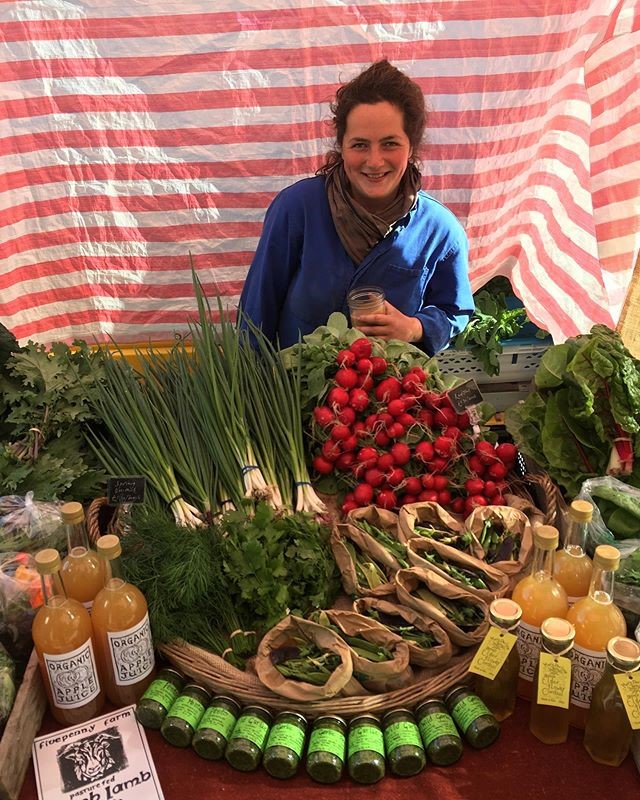by Candida Dunford Wood and Rosalind Reynolds-Grey
Tamarisk farm is polishing barley and experiment with millet
Adam Simon says ‘It’s all about increasing resilience. The more we have support from the local community, the more we can experiment with new crops that are suitable to a changing climate.” Just as farmers need to be adaptable and responsive to changes, so too can consumers.
Tamarisk Farm has been producing and processing grains and pulses for some time. This year they have been trialling production of millet, to see how this works well in our current conditions.
They have also started using a small-scale barley polisher – one of the few of its kind in the UK. This enables them to turn a crop which is generally produced for animal feed into something instead for human consumption. They can sell delicious pot barley, as well as milled barley flour which is a great ingredient for baking. They may invest in a roasting machine, although this is prohibitively expensive, which could see organic Tsampa in our shops for the first time, rather than having to import it from Switzerland.
Haypenny Market Garden supplying to our local shops
Low/No-till market gardeners Lally and Tomas have been adapting not only to the changing climate but also the pandemic – working out how best to go forward. We miss them at their stall in South Street. For updates follow @haypenny_market_garden on Instagram
They have been busy busting weeds under the hot May sun, and now the hungry gap is ending. “It feels like the deep green and crunch of summer is very nearly here!” So they have delivered mixed salad, first of the cucumbers garlic, rainbow chard, broad beans and baby kale to their main current outlets Fruits of the Earth and Felicity’s Farm Shop.
Edible Gardens at St Mary’s Primary could become an ambassador for climate adaptive allotment
Food security is an enormous issue with not only Climate Change but COVID19 and Brexit too. The Edible Garden provides fresh fruit and veg to the school kitchen, promotes healthy eating, combat obesity, and provide outdoor community events celebrating cooking from scratch. It is a busy allotment presently providing considerable produce for the Cupboard Love Food Bank, under lockdown [see photo].
The EG has several vegetable beds, two polytunnels, a cobb oven and mud kitchen. It is entirely organic and uses many climate adaptive methods – including protecting soil through intercropping, mulching, a no-dig approach, and making their own biochar. They are also building diversity through using open pollinated seeds, and this year planted a fruit orchard of 17 trees and an edible hedgerow.
The Edible Garden is a joint project between three community organisations – Transition Town Bridport, Home in Bridport and Opera Circus, in collaboration with the primary school. They’d like to encourage other schools to follow suit!
Links which may be of interest:
https://landworkersalliance.org.uk/building-resilient-local-food-systems/
https://www.nfuonline.com/news/latest-news/food-standards-petition/

